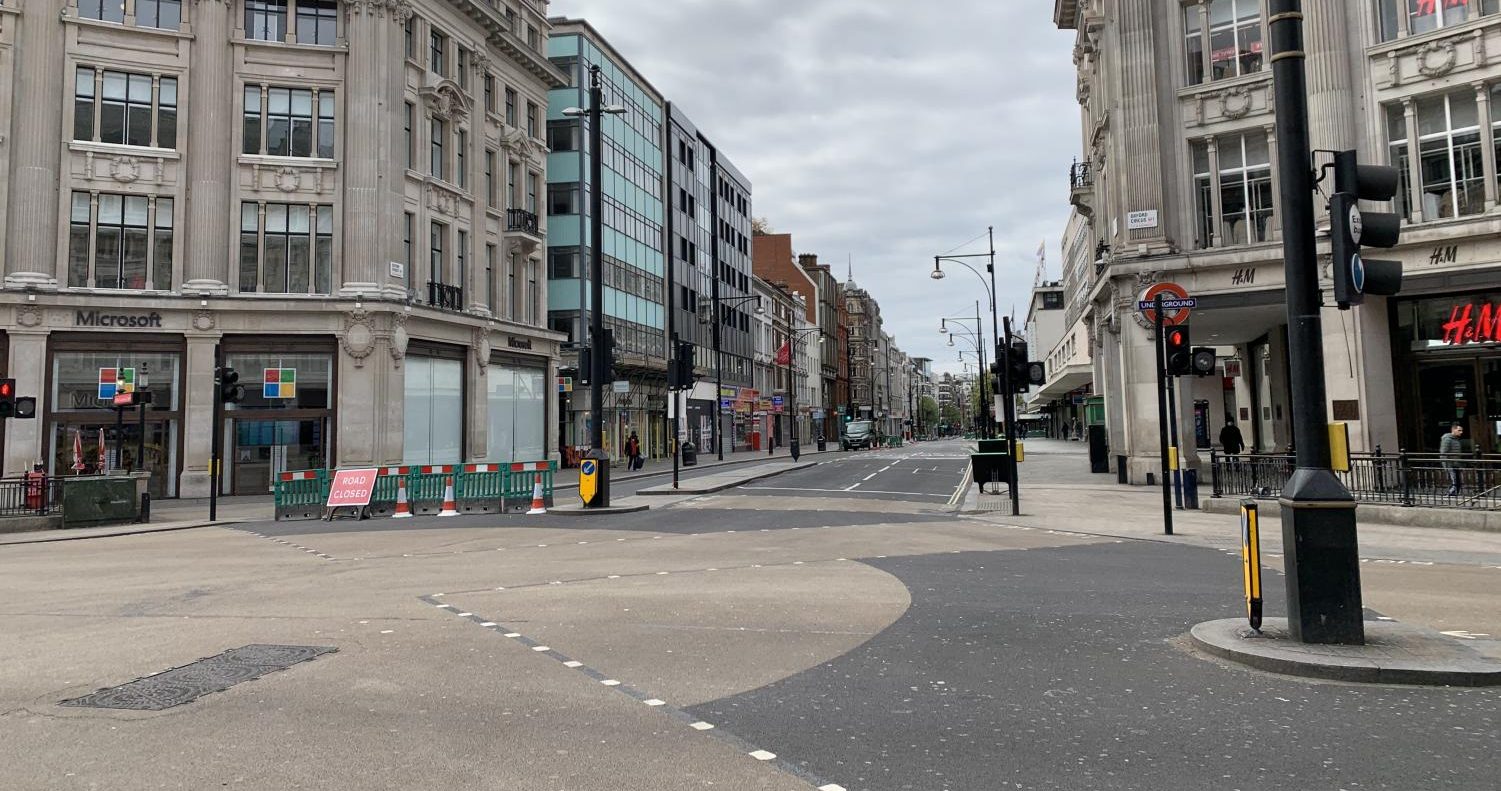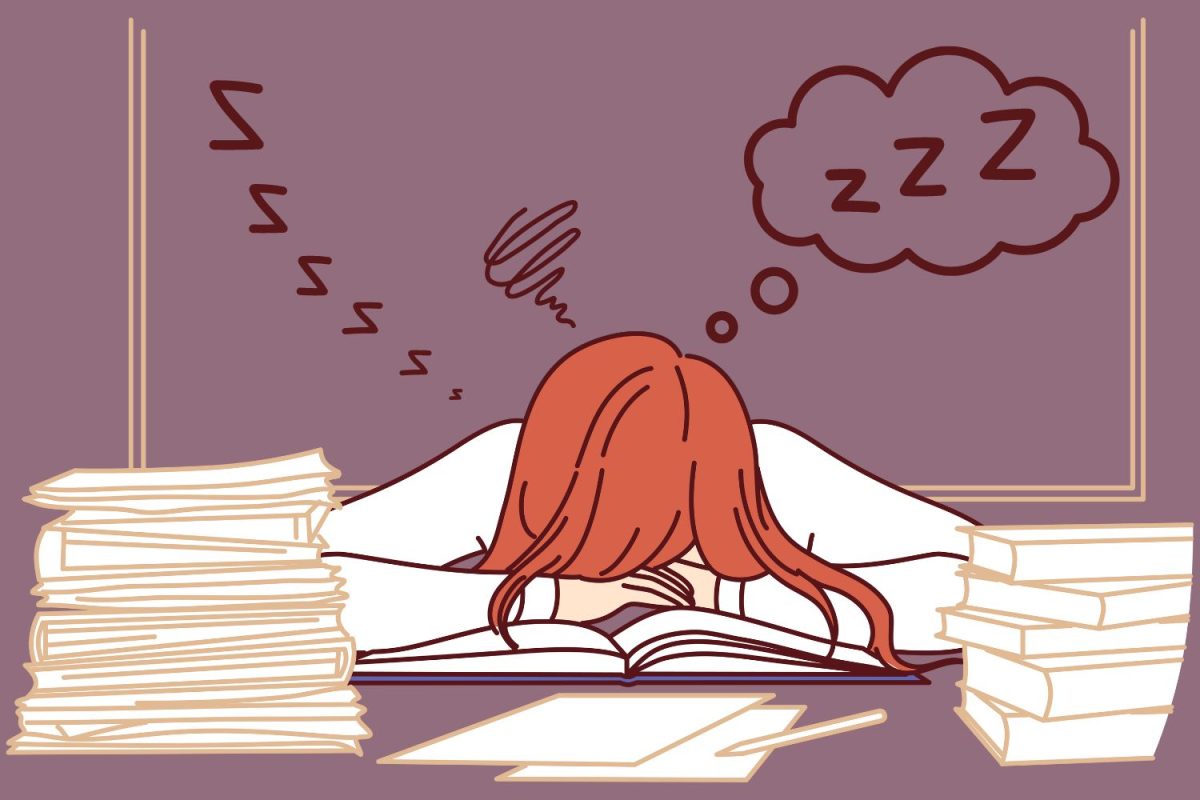In response to the coronavirus pandemic, several regions around the world have placed their citizens under a lockdown, severely restricting freedom of movement in order to curb the spread of the disease.
In the U.K., people are required to remain at home other than for one form of outdoor exercise per day, buying groceries and other necessities, or commuting to work if working from home is not a possibility. While outside, people are required to stay at least six feet apart from others and cannot congregate in groups of more than two. Shops and restaurants have been closed and public transport is more sporadic.
These measures mirror the actions taken by Hubei Province in China, where the epidemic began, and Italy. Most U.S. states have also instituted similar restrictions.
Argy Sakti (’20) said that the lockdown is a necessary step to take in order to decrease the spread of the virus.
“Lockdown is necessary because it’s the only way to stop the spread from becoming worse … if people are isolated in their homes they can’t spread it to anyone,” he said.
Sakti said that a lockdown is the safest way to ensure that people cannot spread the virus, as any social contact could be a risk.
“The reason why coronavirus is so dangerous is because people could have the coronavirus and not have any symptoms and so people could be wandering around touching things, and spreading it without knowing that they might be causing harm to others,” he said. “Lockdown will hopefully help mitigate that.”
Alice Agostinelli (’22) agrees, and compared the lockdown in the U.K. to the one in Italy where her family is from. Specifically, she noted that the lockdown appears to be having a positive effect on curbing the outbreak in Italy.
“Italy has been severely affected, and they put in place measures that some people called draconian,” she said.
Nevertheless, as a result of these measures, cases in Italy appear to have leveled off so far.
However, Social Studies Christopher Wolf said that the lockdown measures will “only be as effective as people comply.”
“If a large number of people are not in compliance, and we still have a lot of people not isolating themselves, then there’s still opportunity for transmission of the virus,” he said.
Agostinelli acknowledged this issue, and said that it is necessary for everyone to obey the lockdown in order to protect society from a more widespread and deadly epidemic.
“It’s only effective if everyone follows the measures because otherwise it doesn’t even make sense,” she said. “If someone doesn’t respect the rules, doesn’t do what they’re asked and they get the virus, they could be responsible for passing it on to other people … that’s just irresponsible behavior.”
Laura Boyle (’20) agrees and said that, generally, the lockdown orders are effective at ensuring minimal social contact.
“It’s definitely made me think a little bit more before I go out,” she said. “Just knowing that people are on lockdown has changed things a little bit … the streets are really quiet and eerie, it feels a lot more serious now.”
Likewise, Sakti noted that many Londoners have treated the lockdown leniently and taken full advantage of the exceptions outlined by the Prime Minister that allows citizens to leave for “one form of exercise per day.”
“Just like looking outside, there’s still a lot of people walking around so [the effectiveness of the lockdown] depends on people’s attitude towards it,” he said.
In our day and age, we tend to believe that our basic needs are much bigger than they actually are.
— Social Studies Teacher Christopher Wolf
Wolf added that the duration of the measures is significant, as the lockdown must last long enough to contain the spread of the virus and let more cases run their course.
“If we have a lot of people who comply for three days that doesn’t do us anything,” he said. “If we can get the vast majority of people to comply for three weeks then we can put a big dent in transmission rates.”
Boyle also noted the aspect of timing, and said that the measures were too late given the extent of the outbreak in the U.K. already.
“I think it will be hopefully more effective than just social distancing,” she said. “But, I do think it’s a little bit late for them to have done this, I think they could have done this a lot earlier.”
Sakti, who is part of a group working on a dynamic model of the virus and how it will affect the NHS’s capacity, said that without significant measures, the U.K.’s healthcare system is at risk of overloading.
“We work with a bunch of experts from a variety of fields … we try to project how much overload the NHS is going to experience based on its current capacity, and the incoming demand of healthcare as a result of coronavirus,” he said.
However, Wolf referenced the issue of people’s unwillingness to obey these regulations because they do not necessarily understand the severity of the outbreak.
“Compliance has a lot to do with people’s basic needs, and their understanding of the severity of the circumstances,” he said.
Wolf used the analogy of Jews hiding from the Nazis during World War II to illustrate how the intensity of the threat correlates with what people characterize as their “basic needs.”
“You can think of Jews in World War II who hid in attics and places for years and years and had very little,” he said. “Basic needs, for them, became very little because they understood the severity of what would happen if they left that circumstance. Whereas, I think in our day and age, we tend to believe that our basic needs are much bigger than they actually are.”
Nevertheless, the lockdowns are likely to have negative impacts for the economy and social factors around the world. Projections indicate that, economically, the second quarter of 2020 could be the worst in decades.
This recession is set to harm millions of working-class people who do not have income because they cannot work from home. Boyle emphasized the importance of recognizing these hardships.
“It’s important to consider the people … who still need to work for a living and can’t do that any longer,” she said.
All in all, it’s the right way to move forward because it will help save a lot of lives and help prevent the spread from coming to people who will be vulnerable.
— Alice Agostinelli ('22)
Likewise, Boyle said the low-wage essential workers’ importance in combating the epidemic.
“It’s super important that people actually respect what’s happening and have a little more respect for NHS workers and people who are considered essential workers right now,” she said. “For instance, minimum wage workers at Tesco might be looked down upon by some people, but these are the people that are helping us run our country and that are that are helping keep our country alive and keep our people alive.”
Boyle said that the lockdown, in addition to having a negative economic effect, could also harm general mental health and morale.
“I saw after the SARS outbreak, they surveyed people who were quarantined, and [29%] of people have some type of PTSD, and many people had symptoms of depression,” she said. “I think [the lockdown will] not only heighten the symptoms that people already have with PTSD and mental conditions but it’ll also take a toll on everyone who’s lonely and bored and elderly people who are alone.”
Sakti agrees and said that the lockdown has notably changed his day-to-day life.
“It’s kind of a change not to see much sunlight … It’s also kind of weird not to see any of your friends at school,” he said. “I used to kind of hate to go to classes but now I kind of wish I could go to class.”
Similarly, Agostinelli has also experienced increased inactivity as a result of the lockdown, as leaving the house has been heavily restricted. This is especially prudent for her because she lives in the same home as her grandparents.
“It’s harder to stay concentrated all day if you can’t go and take a walk,” she said. “Since my grandparents are over 70, we are definitely a lot more careful, and we do try to reduce outings, and we don’t go out if we can.”
Overall, Agostinelli stressed the importance of obeying the lockdown, despite the inconveniences it causes, so that the pandemic can be slowed.
“All in all, it’s the right way to move forward because it will help save a lot of lives and help prevent the spread from coming to people who will be vulnerable,” she said.











